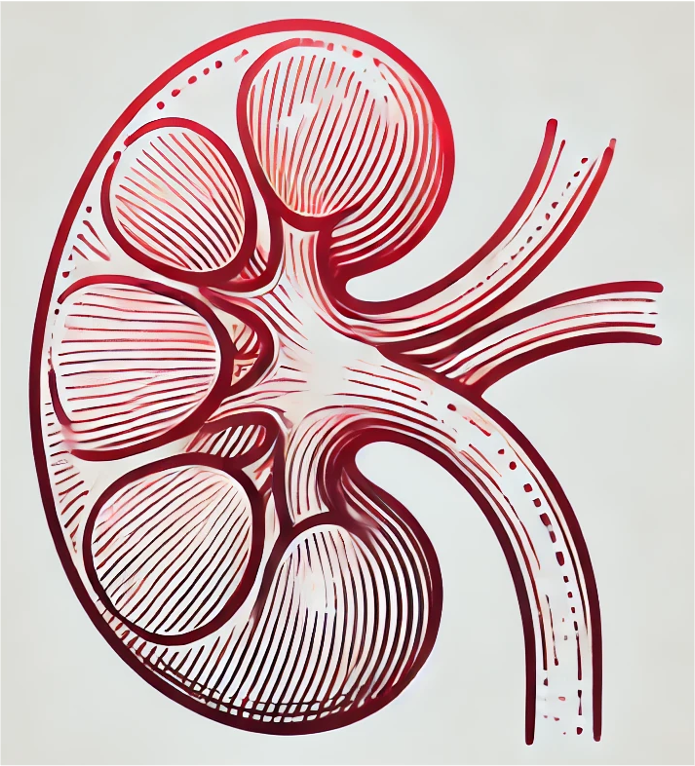Description
Acute kidney injury (AKI) remains a major global healthcare problem and there is a need to develop human-based models to study AKI in vitro. Towards this goal, we have characterized induced pluripotent stem cell-derived human kidney organoids and their response to cisplatin, a chemotherapeutic drug that induces AKI and preferentially damages the proximal tubule. We found that a single treatment with 50 M cisplatin induces HAVCR1 and CXCL8 expression, DNA damage (H2AX) and cell death in the organoids in a dose-dependent manner but greatly impairs organoid viability. DNA damage was not specific to the proximal tubule but also affected the distal tubule and interstitial cell populations. This lack of specificity correlated with low expression of the proximal tubule-specific SLC22A2/OCT2 transporter for cisplatin. To improve viability, we developed a repeated low-dose regimen of 4x 5 M cisplatin over 7 days and found this causing less toxicity while still inducing a robust AKI response that included secretion of known AKI biomarkers and inflammatory cytokines. This work validates the use of human kidney organoids to model aspects of AKI, with the potential to identify new AKI biomarkers and develop better therapies.
Overall Design
Examination of control and cisplatin-treated kidney organoids
Curator
xm_li
